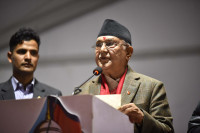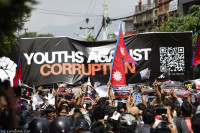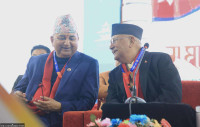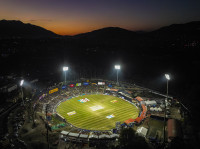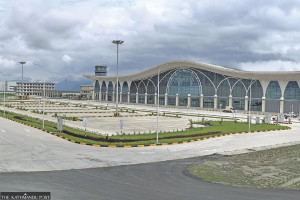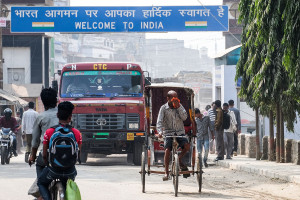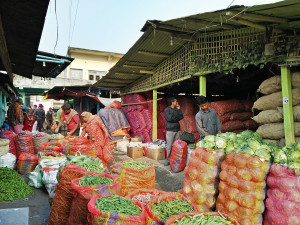Money
Big money
An estimated bill of Rs131 billion shows that electoral spending has increased sharply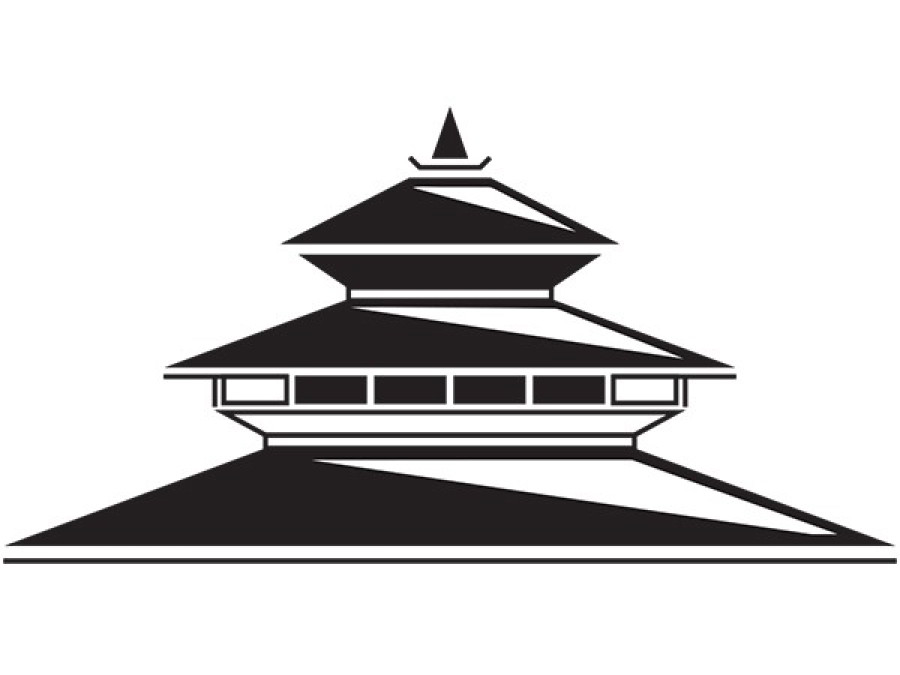
A study carried out by the Election Observation Committee, Nepal (EOC-Nepal)—a domestic election observer group—has shown that the government, political parties and candidates spent an estimated Rs131.63 billion in total during the federal, provincial and local elections held last year. The study by the EOC-Nepal revealed that the government spent Rs34.72 billion while the candidates and their supporters splashed out a whopping Rs96.91 billion. That is a ridiculous amount of money to spend on elections.
The expenditure cap set by the Election Commission (EC) Act was Rs2.5 million for a House of Representatives candidate and Rs1.5 million for a Provincial Assembly candidate under the First-Past-The-Post category. But the report showed that overall campaign expenditure surged as most of the candidates spent beyond the limit set by the polls authority. For instance, a House of Representatives candidate blew Rs10.1 million and a Provincial Assembly candidate splurged Rs8.1 million on average.
The EC fixed election expenditure limits to make sure that all candidates have a level playing field during the voting. But because the EC failed to enforce both the ceilings and the call for transparency, the regulations were summarily ignored. A huge amount of money is spent during the election campaign, but the source of the finance remains elusive. Parties and candidates submit fake details of their expenditure to the EC to give the impression that they are spending within the limit. Financing usually comes from local businesses who seek benefits from the candidates once they are elected to power. Political parties are complicit to this exchange, because of which they will be bound to these candidates. This leads to policy corruption.
The fact that a large amount of money is being funnelled into elections also implies that a career in politics seems no longer attainable to the average lower and middle-class. As a result, those with the most money will have more influence in our political system than ordinary people. This will thus slowly drown out the voices of the general people, and the effect of which will be seen in the public’s losing confidence in the political system, causing participation to drop and ultimately, slowly eroding our democracy.
In fact, big money in politics will also exacerbate polarisation and gridlock. Running for office should be about competency, vision and ethics rather than about the ability to dole out cash. Parties are increasingly prioritising fund raising for electoral campaigns rather than relying on gaining support through their professed ideologies. Democracy is not about writing a big cheque.
To ensure transparency of election financing, cash donations should be discouraged. Although the law mandates the political parties to get financial assistance over Rs25,000 through banks, hardly any party uses the banking system to receive large-scale donations. As future lawmakers, candidates need to show respect for the laws in place. Also, there should be a legal mechanism through which political parties receive funds for election campaigns. Campaign spending at all levels of government is spinning out of control. The least we should do is become inured to it.




 16.12°C Kathmandu
16.12°C Kathmandu